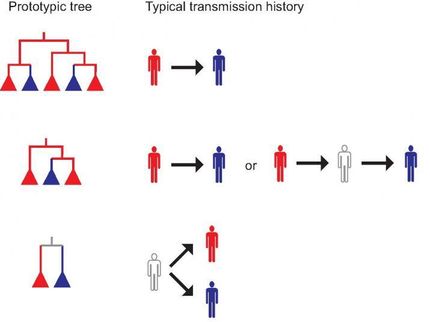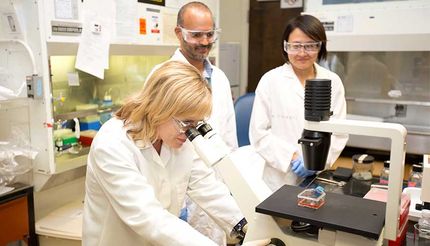Biotron completes clinical stage of HIV clinical trial
Biotron Limited (BIT) has completed the clinical stage of a landmark phase 1b/2a proof-of-concept human trial of its lead HIV drug candidate, BIT225.
The placebo-controlled, double-blinded study was undertaken at a clinical trial unit in Bangkok, Thailand. Patients enrolled in the trial were HIV-positive, with high levels of virus and good CD4 T cell counts, and had not previously received treatment with anti-retroviral drugs. Patients received either BIT225 (300 mg; twice daily) or placebo for a period of 10 days.
Laboratory analyses on samples collected from the patients are now in progress. Preliminary data from the trial are anticipated to be available during the first quarter of 2013.
Biotron scientists have previously established that BIT225 is able to inhibit replication of the HIV virus in monocyte lineage cells in which the virus has been able to 'hide' from current drug treatments.
While current approved HIV drugs have resulted in reduction of HIV levels in the blood, they have not been effective in eliminating virus from underlying reservoirs such as monocyte lineage cells. Treatment and elimination of HIV from reservoirs remains a therapeutic challenge.
The aim of this trial is to demonstrate the safety and pharmacokinetics of the drug in HIV infected patients and to measure the ability of BIT225 to reduce HIV loads in HIV-infected reservoir cells.
By specifically targeting HIV in reservoir cells, Biotron's BIT225 offers the potential to stop the ongoing cycle of infection in the body.
BIT225 is synergistic with commonly used anti-retroviral therapies and would potentially be used in conjunction with these treatments. BIT225 is also in development for treatment of Hepatitis C virus (HCV).
In a recent Phase 2a trial, 100% of patients receiving BIT225 (400 mg) in combination with interferon and ribavirin had undetectable virus after 48 weeks. A Phase 2 trial of BIT225 in patients co-infected with both HIV and HCV is currently in progress.
Other news from the department research and development

Get the life science industry in your inbox
By submitting this form you agree that LUMITOS AG will send you the newsletter(s) selected above by email. Your data will not be passed on to third parties. Your data will be stored and processed in accordance with our data protection regulations. LUMITOS may contact you by email for the purpose of advertising or market and opinion surveys. You can revoke your consent at any time without giving reasons to LUMITOS AG, Ernst-Augustin-Str. 2, 12489 Berlin, Germany or by e-mail at revoke@lumitos.com with effect for the future. In addition, each email contains a link to unsubscribe from the corresponding newsletter.























































